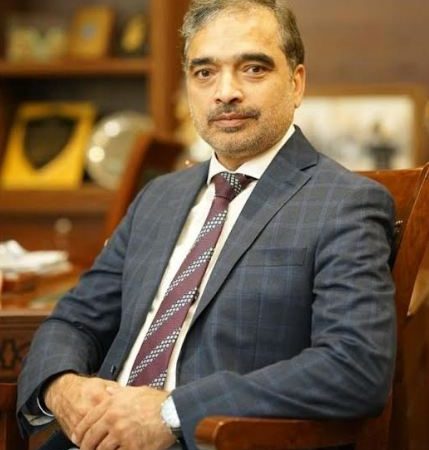Tax regime must be reliable, transparent to protect investors: PIAF

ISLAMABAD, JUL 9 /DNA/ – The Pakistan Industrial and Traders Association Front (PIAF) has said that that the tax regime for businesses must be reliable and consistent with a transparent regulatory framework for the protection of investors to provide a level-playing field in the country.
PIAF Chairman Faheemur Rehaman Saigol said the businesses simply cannot thrive, or even survive, without an empowered, effective and transparent justice system. This is where the country’s legal machinery simply fails them, because it’s much easier, feasible and also sensible to pack up and set up shop elsewhere than wait for years.
The PIAF chairman maintained that the failure to reform the tax system and increase revenue collection is a major factor behind heavy domestic and foreign borrowings by the government.
Expressing serious concern over the high jump in country’s budget deficit, PIAF Chairman said the revision has been made in light of recent talks with the International Monetary Fund (IMF), which exposed the massive underreporting of expenditures. This is a highly unsustainable level and has already pushed the country into a situation where debt restructuring seems to be the only viable option. He said that the federal government will book the highest-ever budget deficit despite putting an extra burden on industry on account of higher gas and electricity tariffs and additional taxes.
He advised the government to avoid hard restructuring, which is painful. Instead, it urged Pakistan to go for debt re-profiling with the official and commercial creditors under the G20 Common Framework. He stated that debt stabilization was unlikely in the short term given the need to address the flood consequences and finance the current account deficit.
At the same time, international rating agencies have continued to downgrade Pakistan in the CCC category and the sovereign USD yield curve is now inverted, reflecting market expectations of default and ensuing restructuring by Pakistan.
There is much talk about a so-called charter of economy among the country’s top political parties these days. No doubt such a step is necessary, considering the economic emergency that the country finds itself in, but even this initiative will not do the job unless all of them agree to implement corrective policies for the long-term. It will do no good to businesses, the economy, or the people if their representatives just sign on the dotted line, agree to hammer out solutions, but then go right back to the old way of playing politics when in power. We need to provide certainty, fair taxation, and transparent regulation for business growth, he said.
Faheemur Rehman Saigol said that tax regime needs to be consistent because the last thing businesses and investors need is the uncertainty of successive administrations dismantling and toggling tax policies already in place. Considering, especially, that skewed tax policies, mostly stemming from political considerations of pleasing allies and targeting opponents, have compromised the revenue collection machinery and practically brought the economy to its knees, the country’s very survival now mandates a thorough revision of all existing policies, identification of all sectors whose tax benefits have not been tapped properly, and a very strict implementation of a new regime spread equitably across all sectors.
It cannot be stressed and repeated enough times that investors that commit serious money to businesses hate nothing more than uncertainty. And nothing frustrates them more than the prospect of one administration undoing all the work of the previous one; again for purely political considerations.
Related News

FPCCI President hails Sindh govt’s landmark cess reduction decision
KARACHI, FEB 16 /DNA/ – Atif Ikram Sheikh, President of the Federation of Pakistan ChambersRead More

FPCCI, Hungary to boost economic cooperation in agri, IT, and Energy Sectors
ISLAMABAD, FEB 16: /DNA/ – The Hungarian Ambassador to Pakistan, Zoltán Varga-Haszonits, visited the FederationRead More


Comments are Closed